NOT BY NOTE
In search of new ways to explore power, religion and identity through art, Sebastian Meissner and Serhat Karakayali have invited eight musicians from the Middle East and former Yugoslavia to an one-week ArtLab in Banja Luka (BiH), jointly elaborating and developing a psychogeographical score that critically describes the mesh of relationships between the two regions and Western Europe expressed through symbolicism, music and sound.
The idea for this workshop originates in the "Lost Spaces" project which focused on the history, the destruction and reconstruction of the Ferhadija mosque in Banja Luka. At that time the project was the reaction to a widespread curatorial practice, namely to invite musicians from the Near East to participate as peace ambassadors at European art & music festivals – a practice that ignores the role Europe plays in this conflict. "Not by Note" is a continuation of that project insofar as musicians from this region were invited to reverse the perspective and look at a part of Europe that as "Balkan" is at times itself expatriated from Western civilisation.
The results was presented at Kunstmuseum Graz during ORF musikprotokoll at Steirischer Herbst 2010 as a sound-video-graphic installation and an on-site-on-air-on-line ORF Kunstradio broadcast when all those involved in the project once again came together in virtual space.
Boikutt - rapper, musician
Cynthia Zaven - musician, composer
Sebastian Meissner - artist, author
Serhat Karakayali - researcher, author
Dror Feiler - musician, composer, activist
Manja Ristic - musician, sound artist, activist
Samir Sabic - musician
Premil Petrovic - conductor
Amir Husak - film-maker, educator
Sharif Sehnaoui - musician
Jan Rohlf - visual artist
Susanna Niedermayr - curator
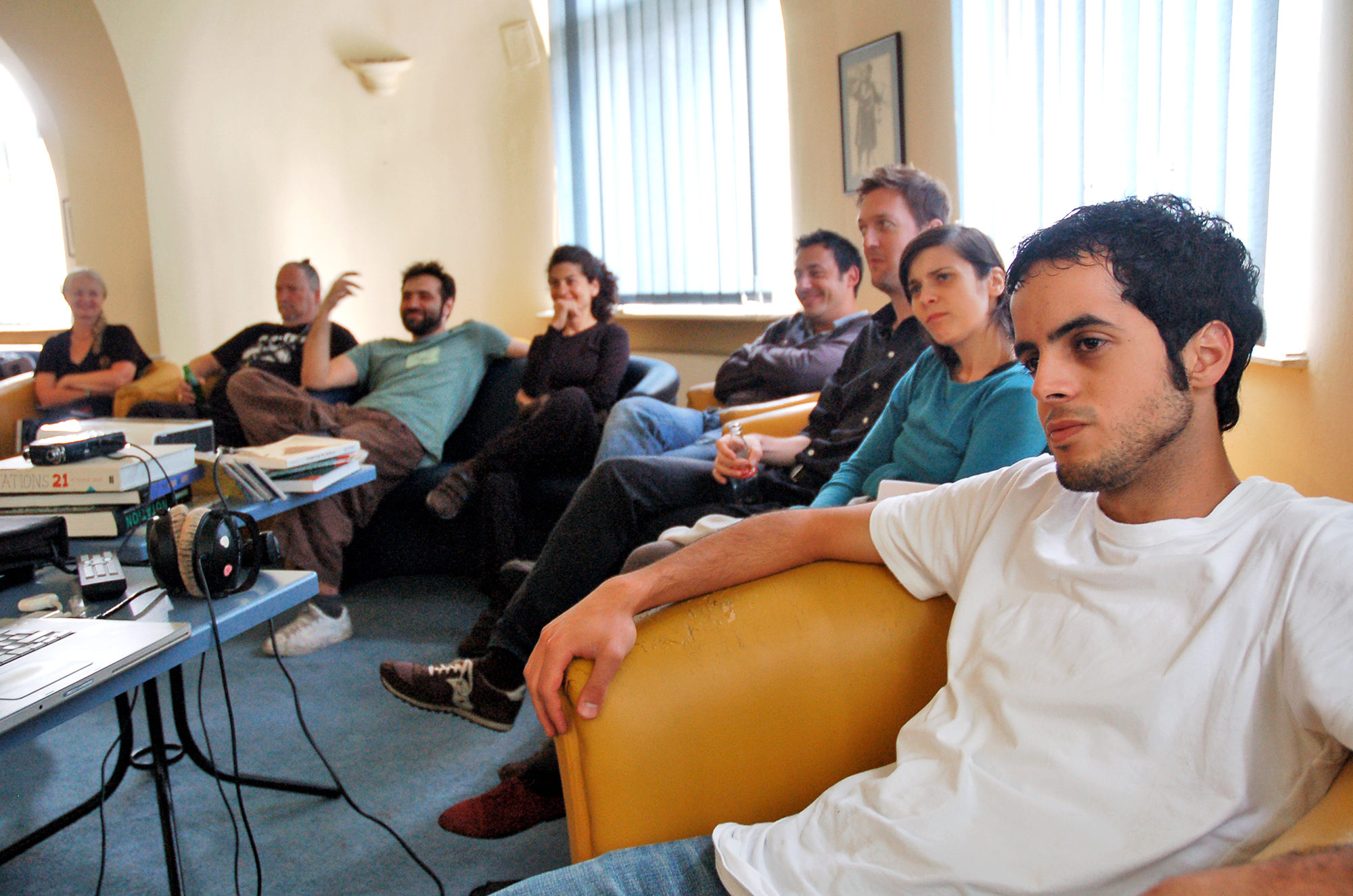
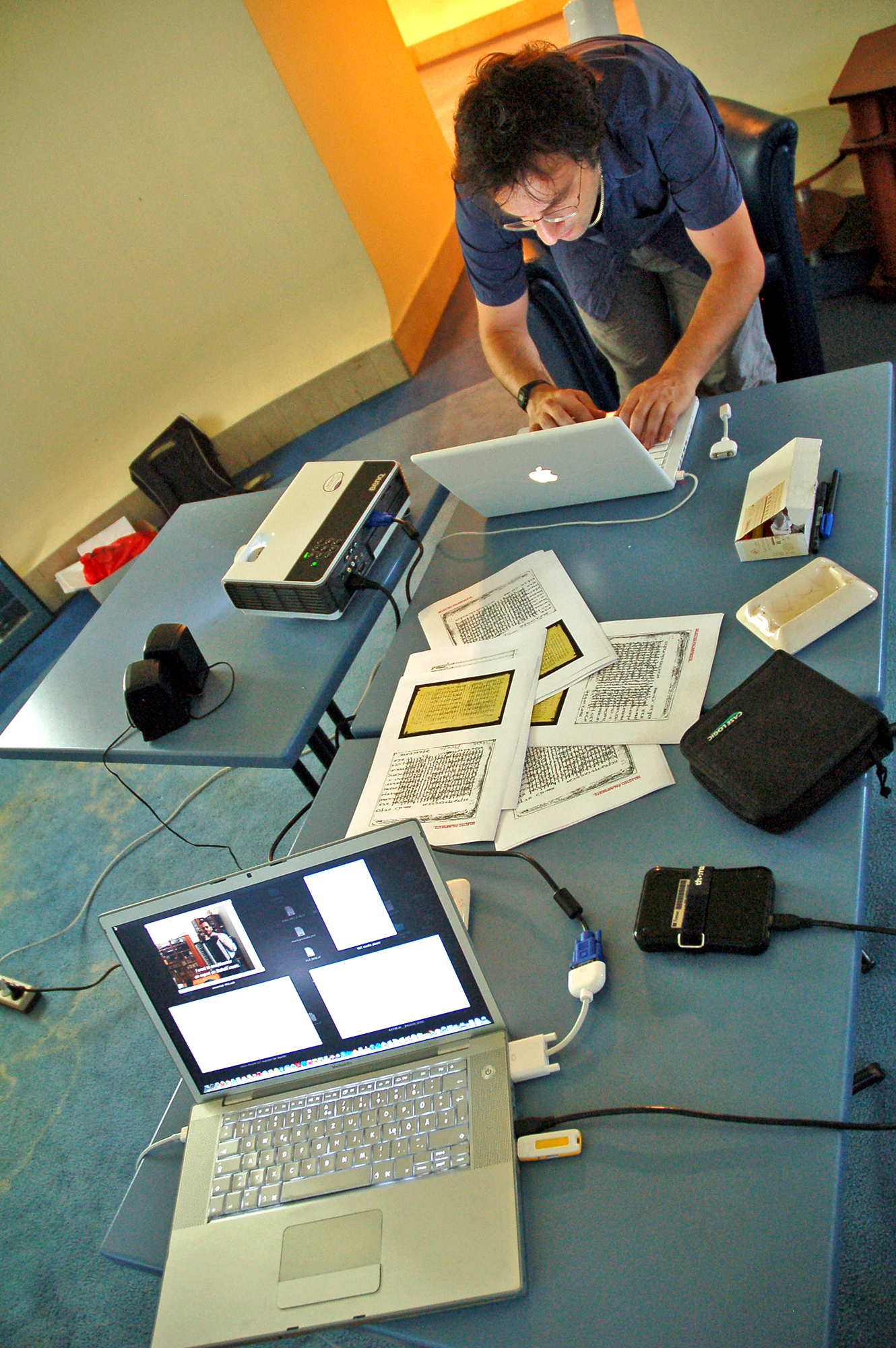
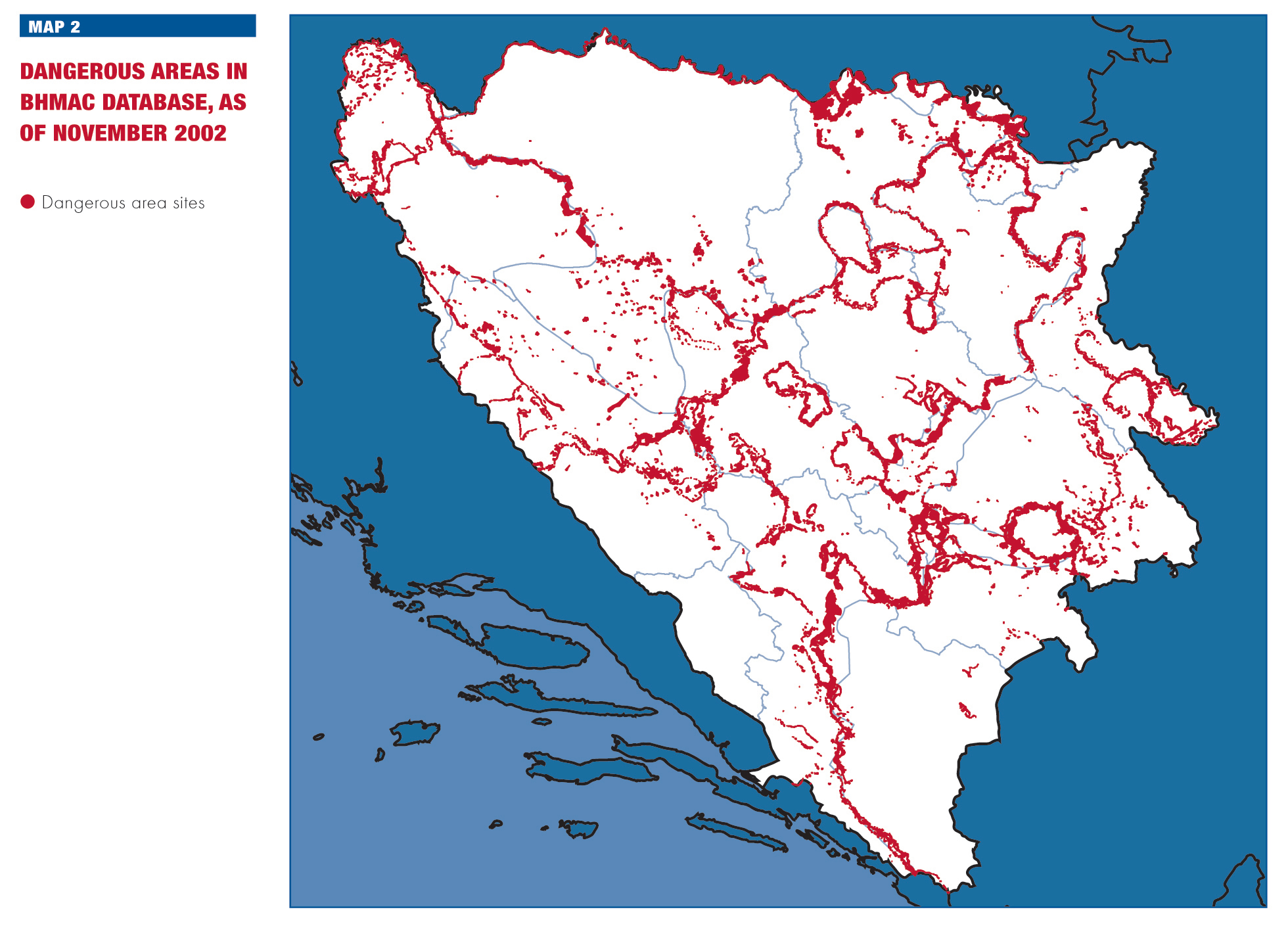

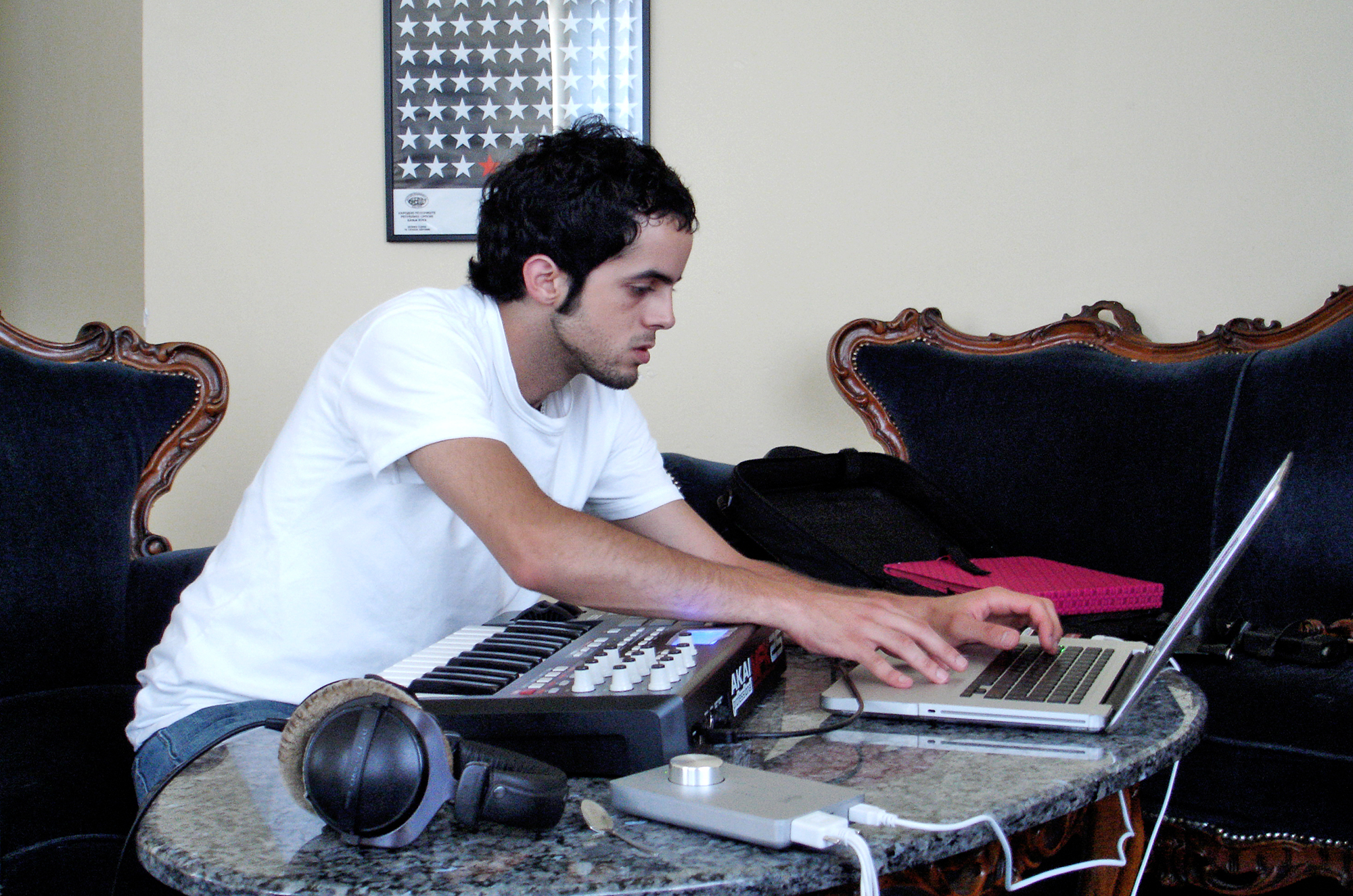
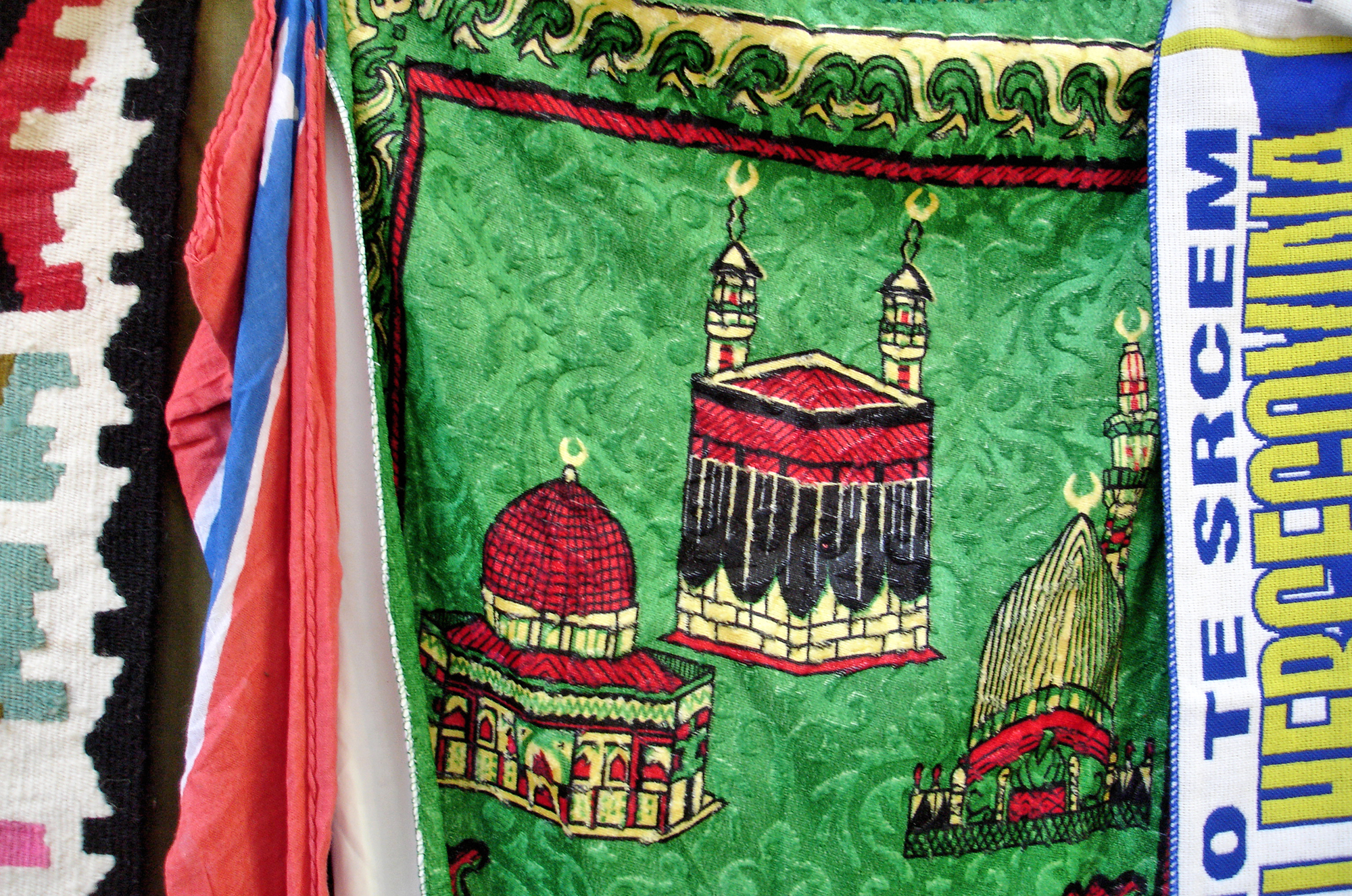
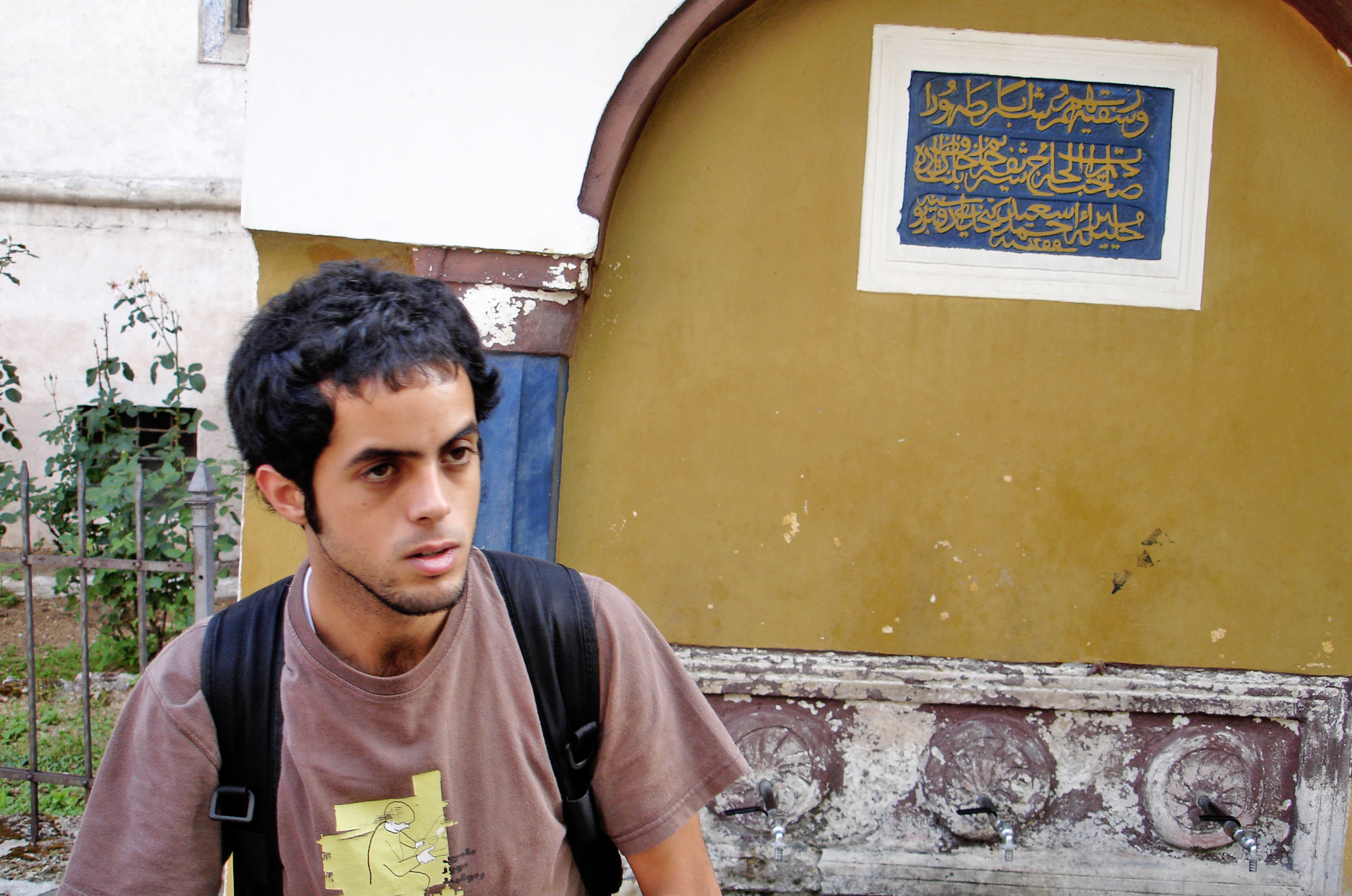
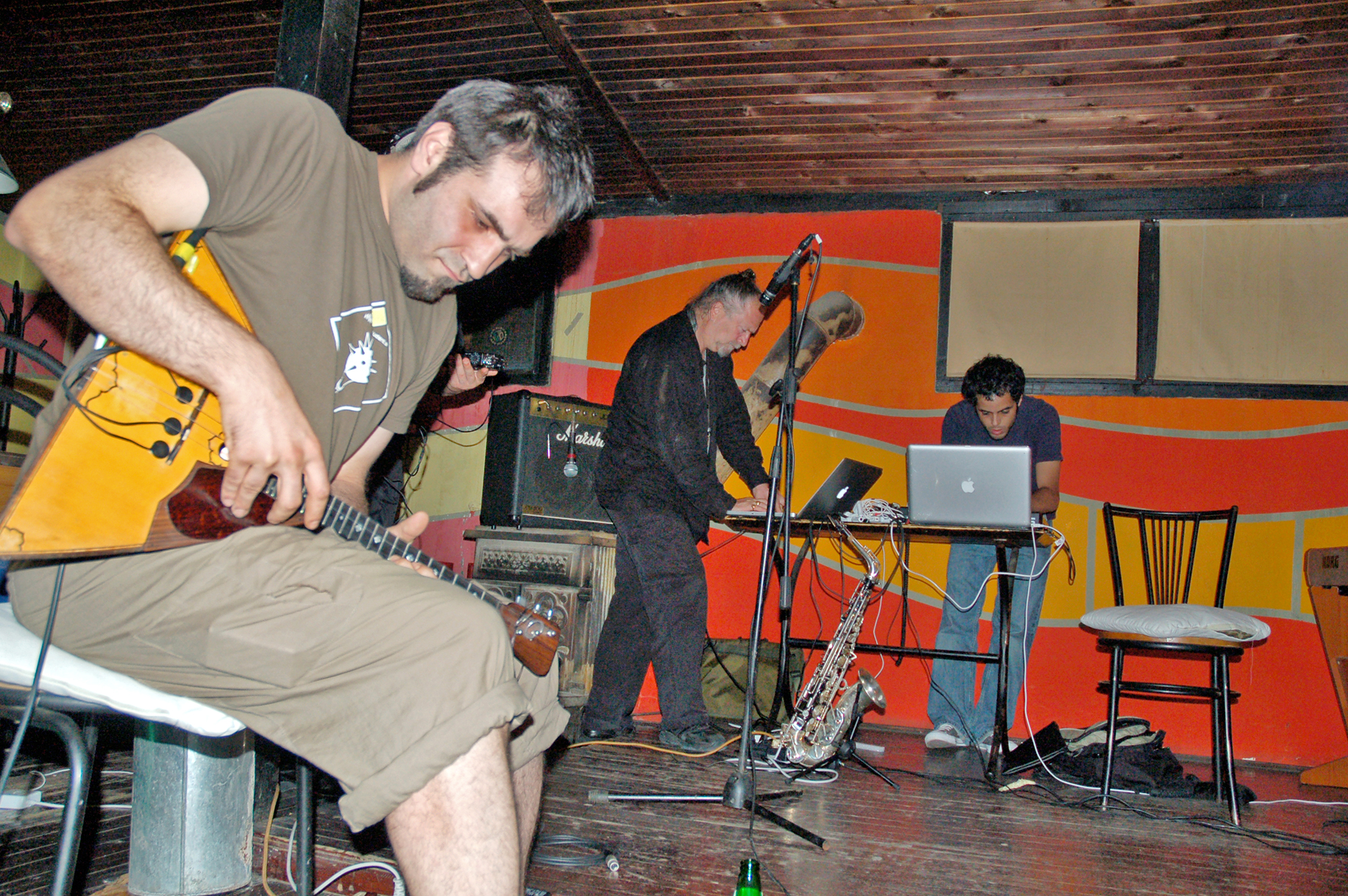
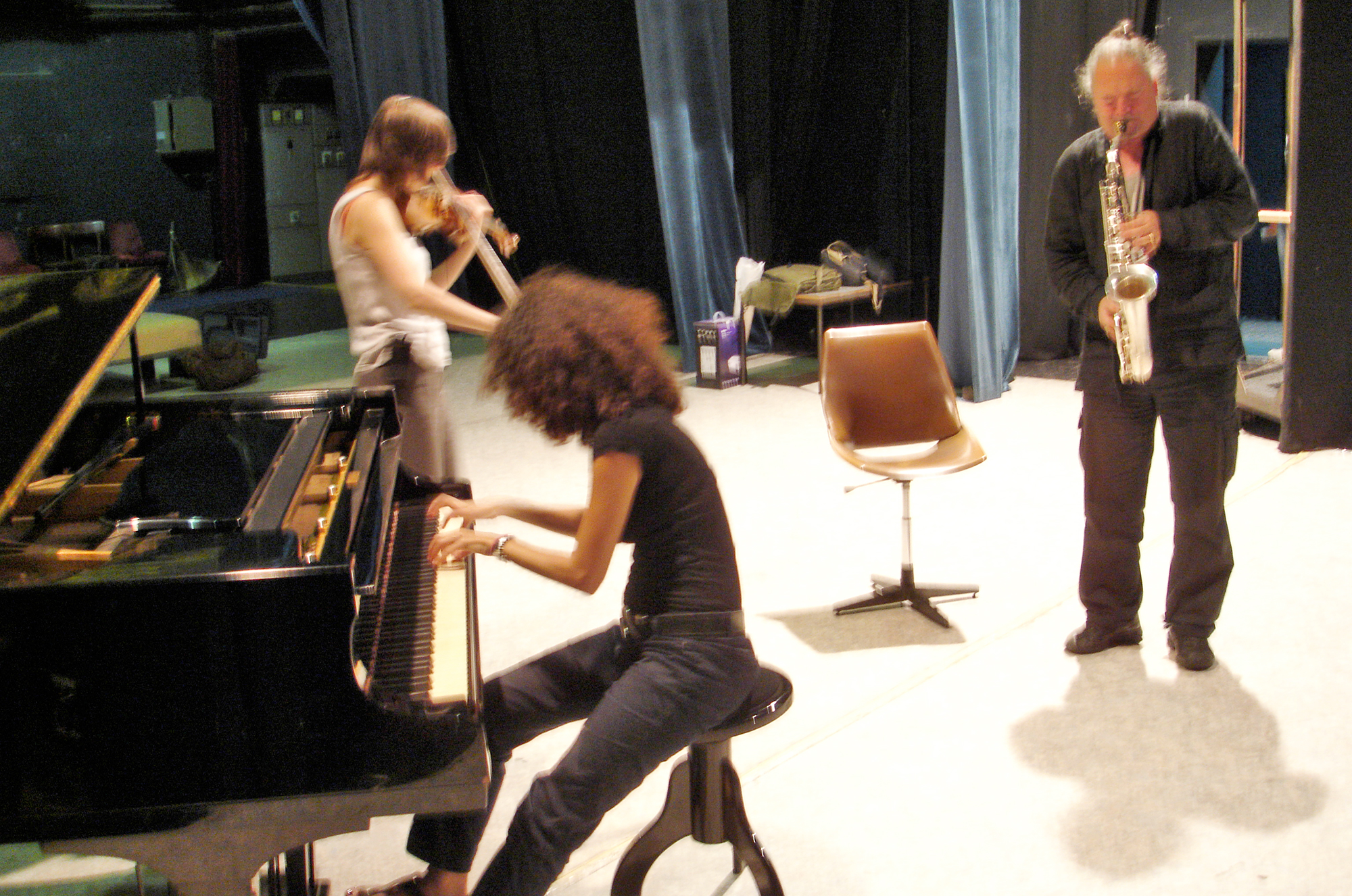
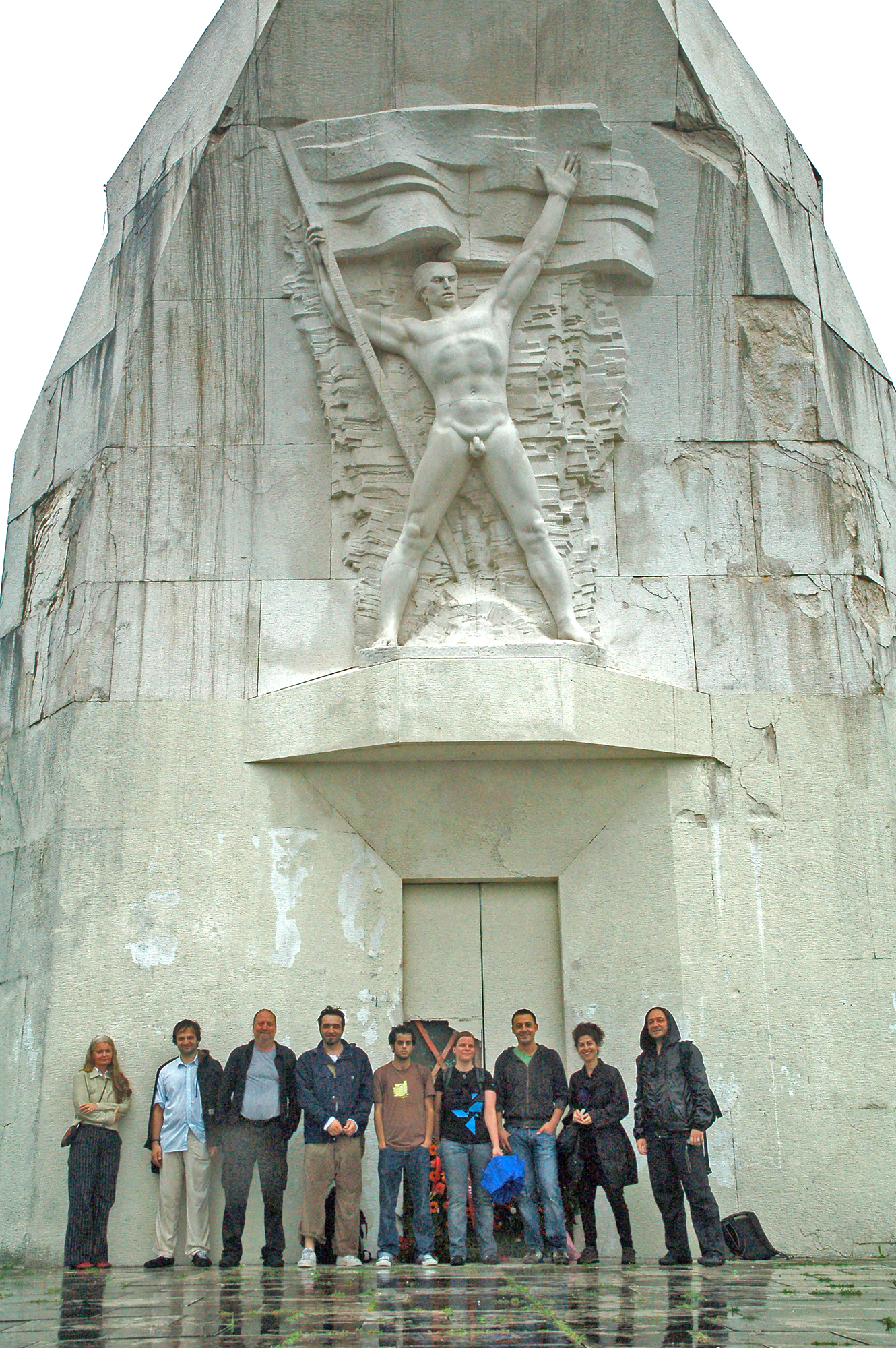
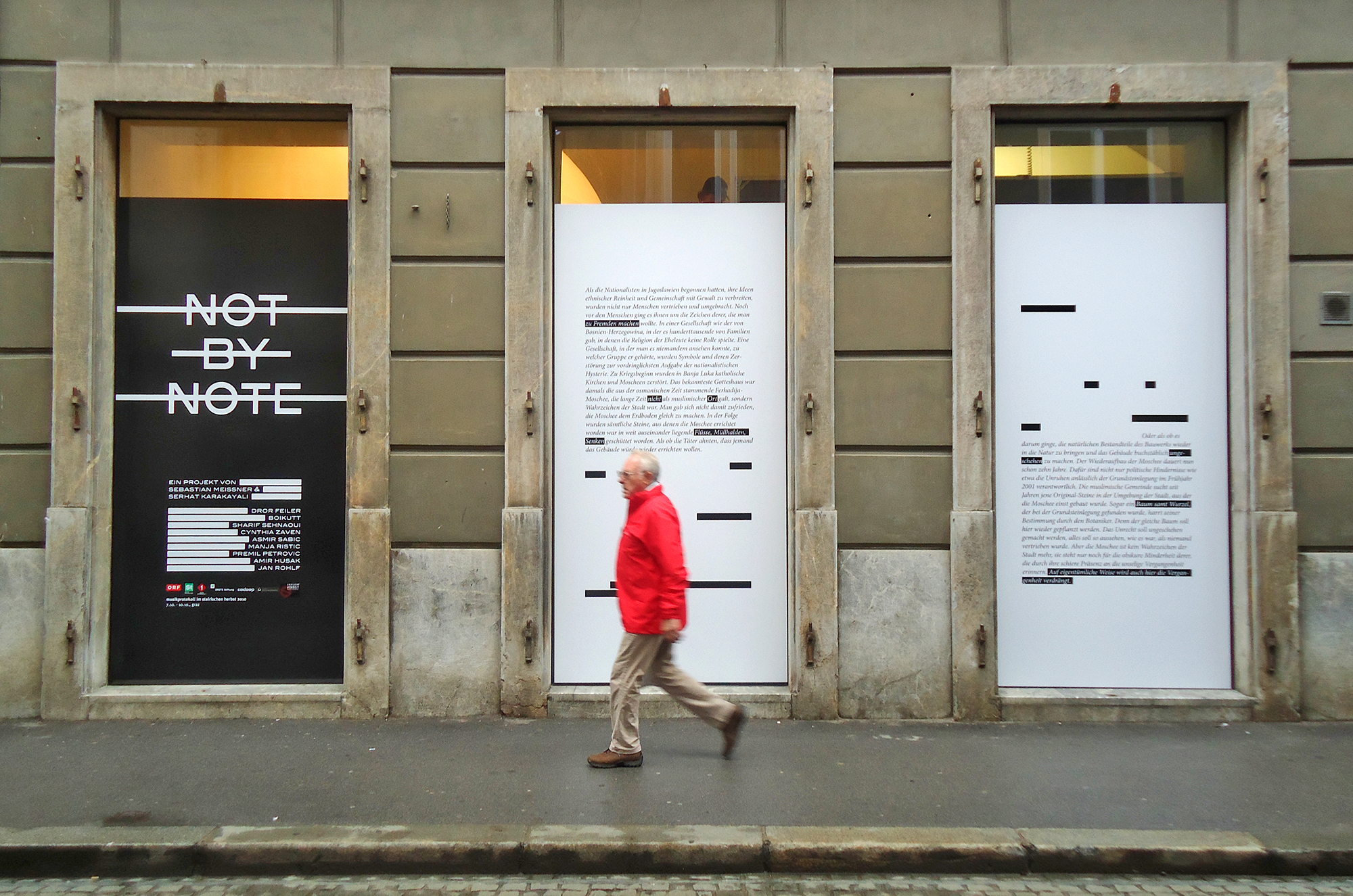
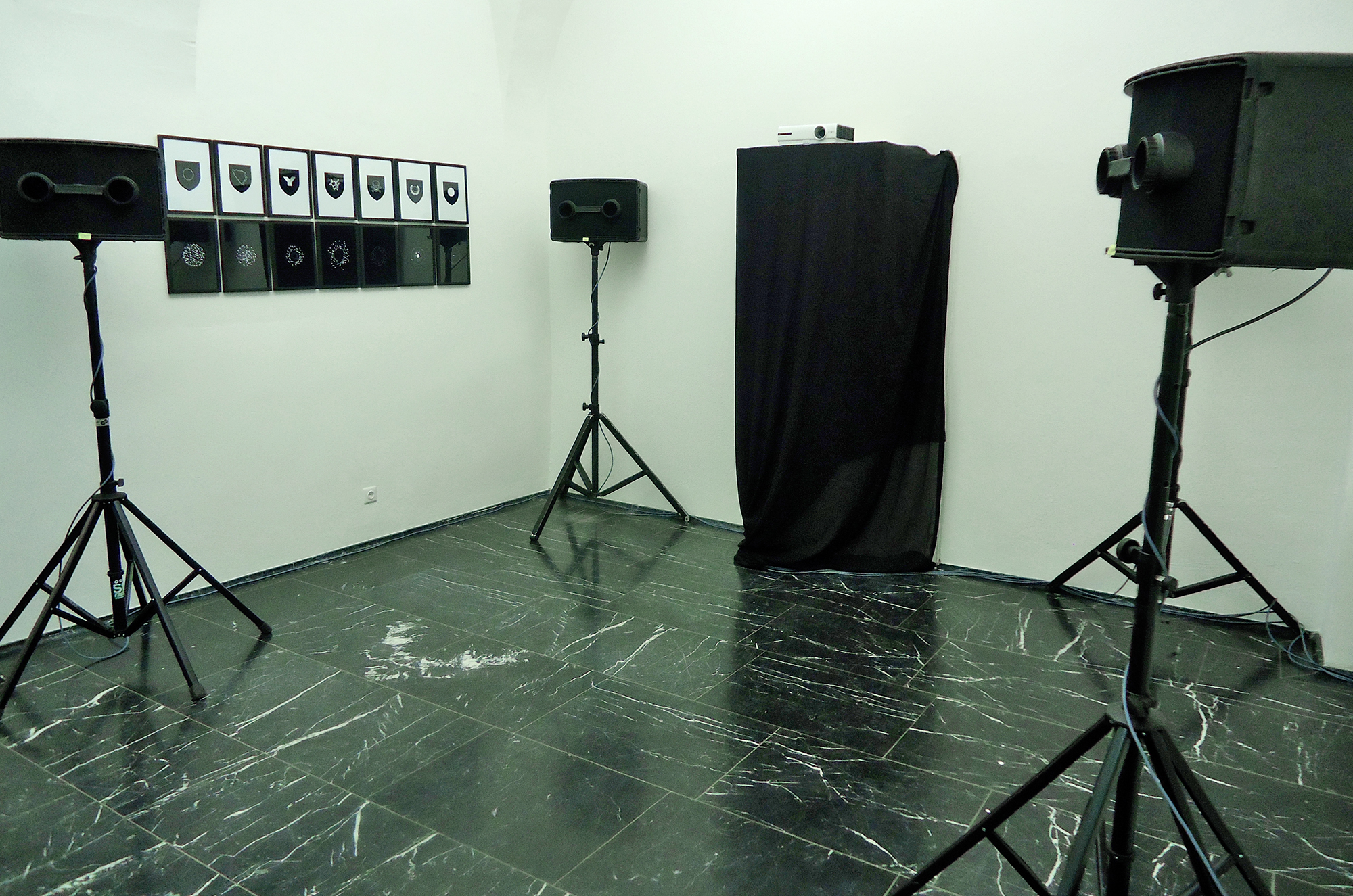
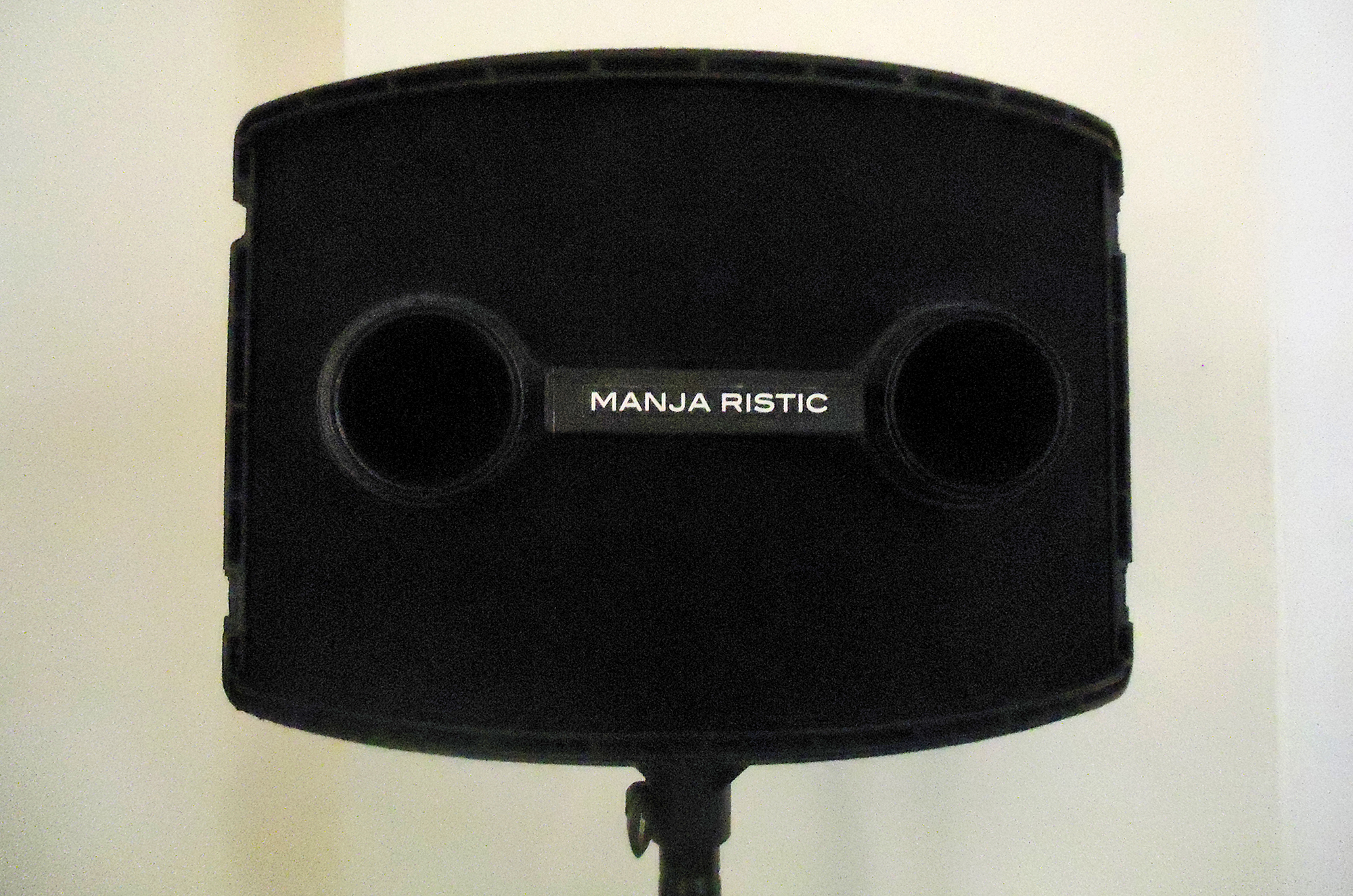
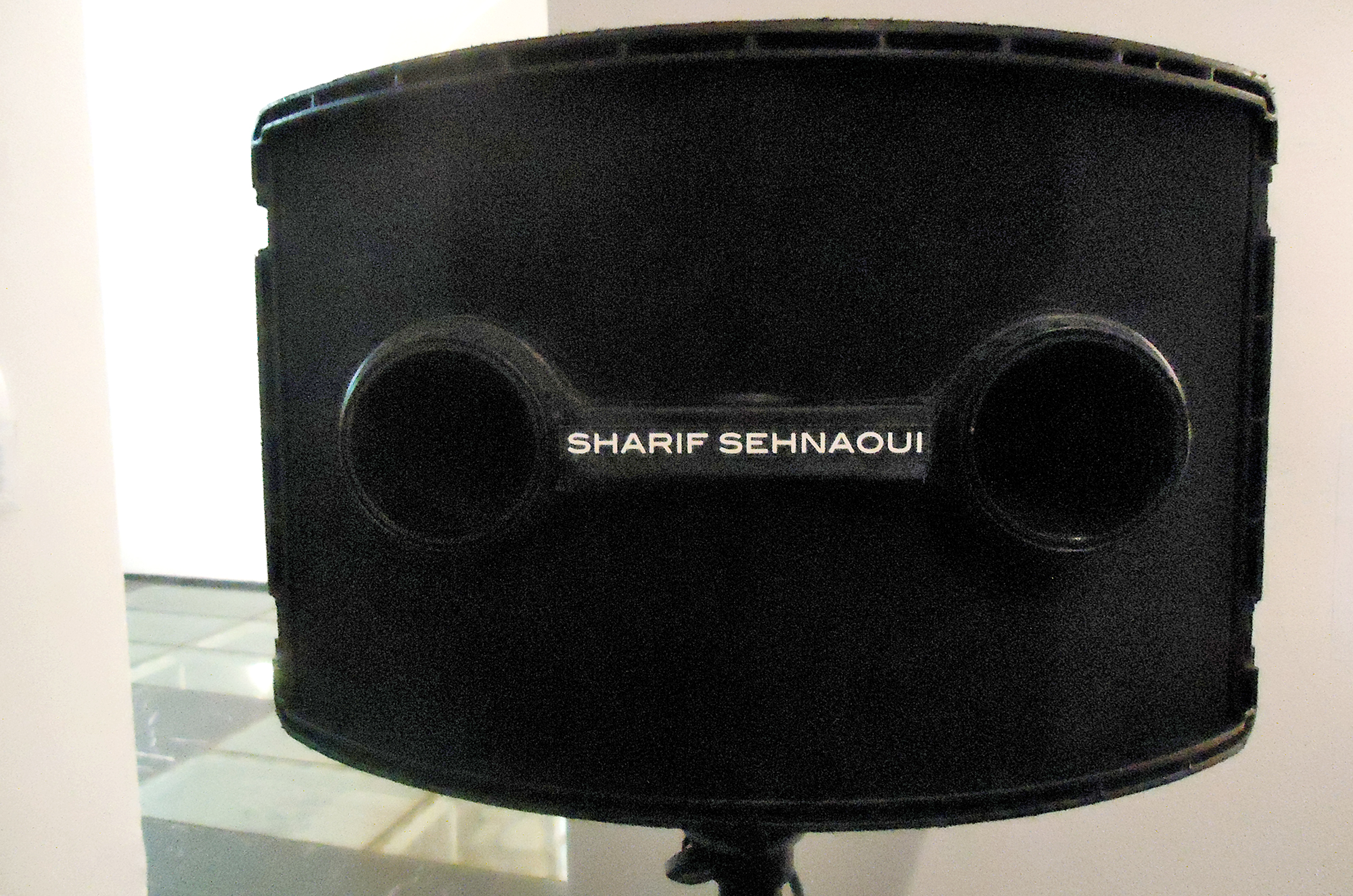
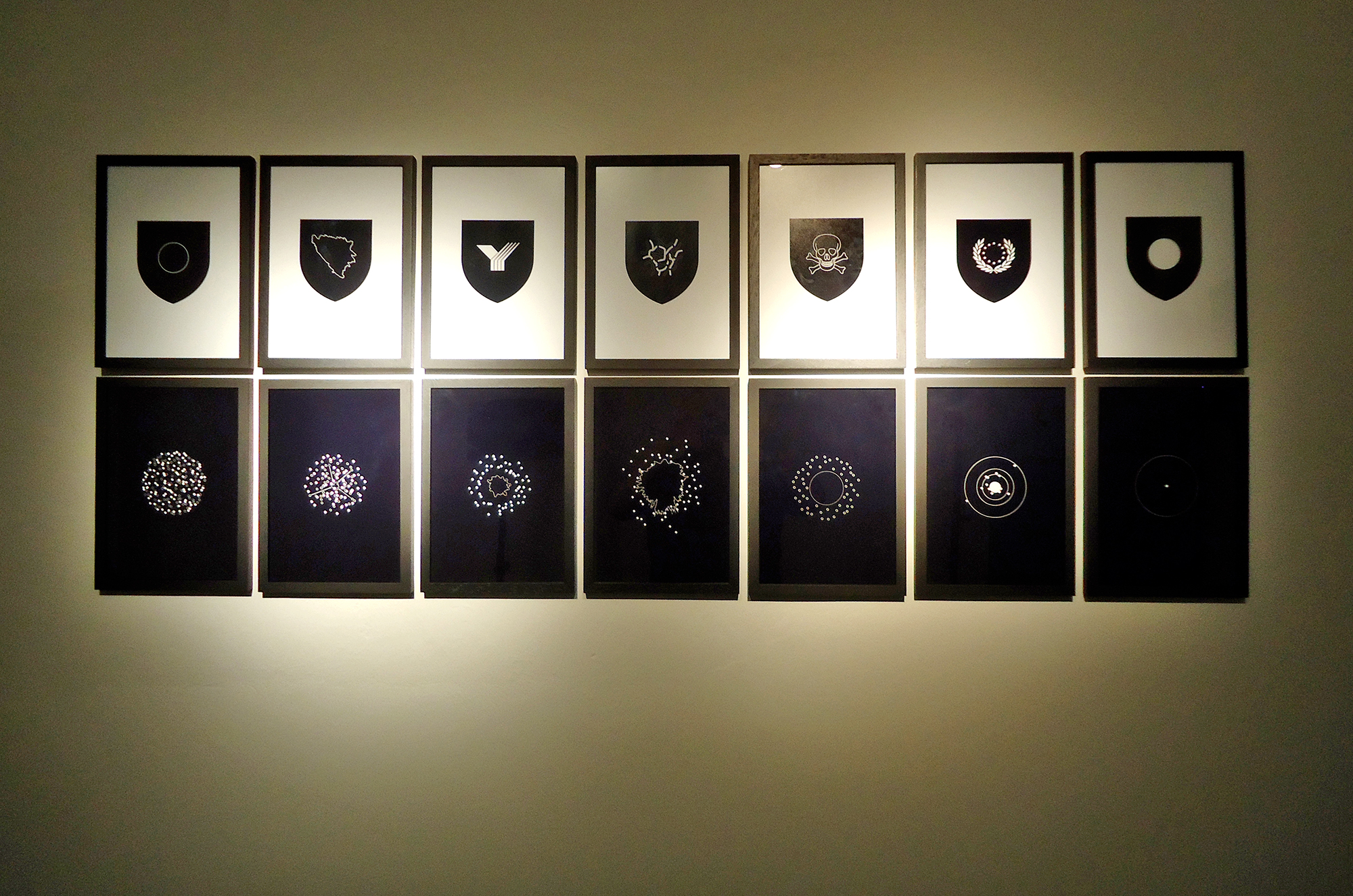
When the trumpet player Mazen Kerbaj recorded "Starry Night during the 2006 Lebanon War, the bombs of the Israeli Defense Forces were exploding in the background. The "duet with the IDF" raises the question whether war or ethnical or religious conflicts can be interpreted and expressed in musical form. Fifteen years ago, in another city, a little bit closer to Austria, there were no bombs exploding, however, all those identified as Muslims or Croats were displaced just the same. Today, whoever still lives in Banja Luka is, with a few exceptions, Serbian-Orthodox. Although not everyone was involved in the displacements, hardly anybody protested against them. The opera "Safikada", based on the legend of a Muslim woman who committed suicide, because she fell in love with a Serbian officer, originally opened with the sound of canons. At the first performance it was made subtly but unmistakably clear to the composer Muharem Insanic that such direct references are undesirable in the capital of Republika Srpska where you can buy T-shirts with the picture of Ratko Mladic from street merchants and more than a few hairdressers consider Radovan Karadzic a traitor.
But why of all places a workshop in this ethnically cleansed ghost city? This was the first question discussed by the "Not by Note" workshop participants, musicians from former Yugoslavia on the one hand and from the "Middle East" on the other. The idea for this workshop originated in the "Lost Spaces" project (commissioned by musikprotokoll 2008). It focused on the history of the destruction and reconstruction of the Ferhadija mosque in Banja Luka. At that time the project was the reaction to a widespread curatorial practice, namely to invite musicians from the so-called Near East to participate as peace ambassadors at European festivals – a practice that ignores the role Europe plays in this conflict. "Not by Note" is a continuation of that project insofar as musicians from this region were invited to reverse the perspective and look at a part of Europe that as "Balkan" is at times itself expatriated from Western civilisation. By renaming all the streets and destroying the places of worship, the Serbian Nationalists attempted to erase the past and wipe the slate clean: nothing should remain to remind people of "the others" and their own crimes. But the attempt of the Muslim community to undo the destruction by building the mosque anew with the original bricks bespeaks a similar way of thinking, except that this time the writing of the crime was to be erased.
Both the actions of the Nationalists and the reaction of the minorities treat the social and geographic space like a whiteboard, on which the markings can be erased and replaced at will. The workshop was about regarding the city as a palimpsest, like those ancient papyrus manuscripts on which the traces of the former writings can still be seen in spite of the fact that they had been overwritten several times. The ca. one million land mines that are today spread throughout Bosnia and Herzegovina show that the past cannot simply be scraped away and thus became the starting point for the musicians when they worked on the politics of transference.
Besides revolving around these social and political technologies of power, the workshop "Not by Note" also focussed on the question of how to translate such themes in a musical language, for instance whether or not it can be achieved with the methods of mapping and psychogeography. The public interventions that took place during the course of the workshop in Banja Luka – city walks, discussions, concerts, and encounters with the city's inhabitants – were also an attempt to offer a response to the organised denial. The installation "Not by Note" is a kind of metamap of this spatio-political practice. Based on five free improvised and rearranged audio tracks it was produced by the workshop participants as the outcome of their collaboration: a "blind palimpsest".
from: ORF musikprotokoll im Steirischen Herbst 2010 festival's catalogue













